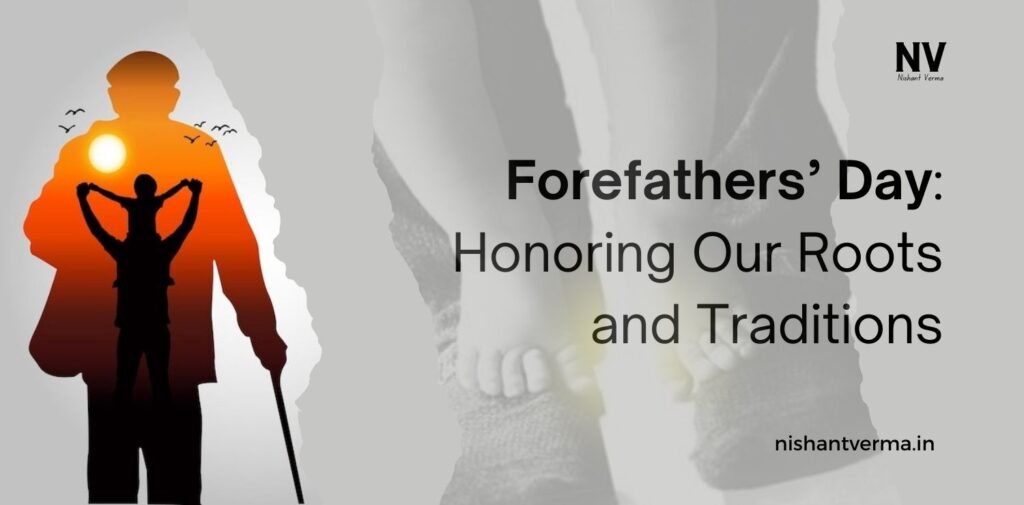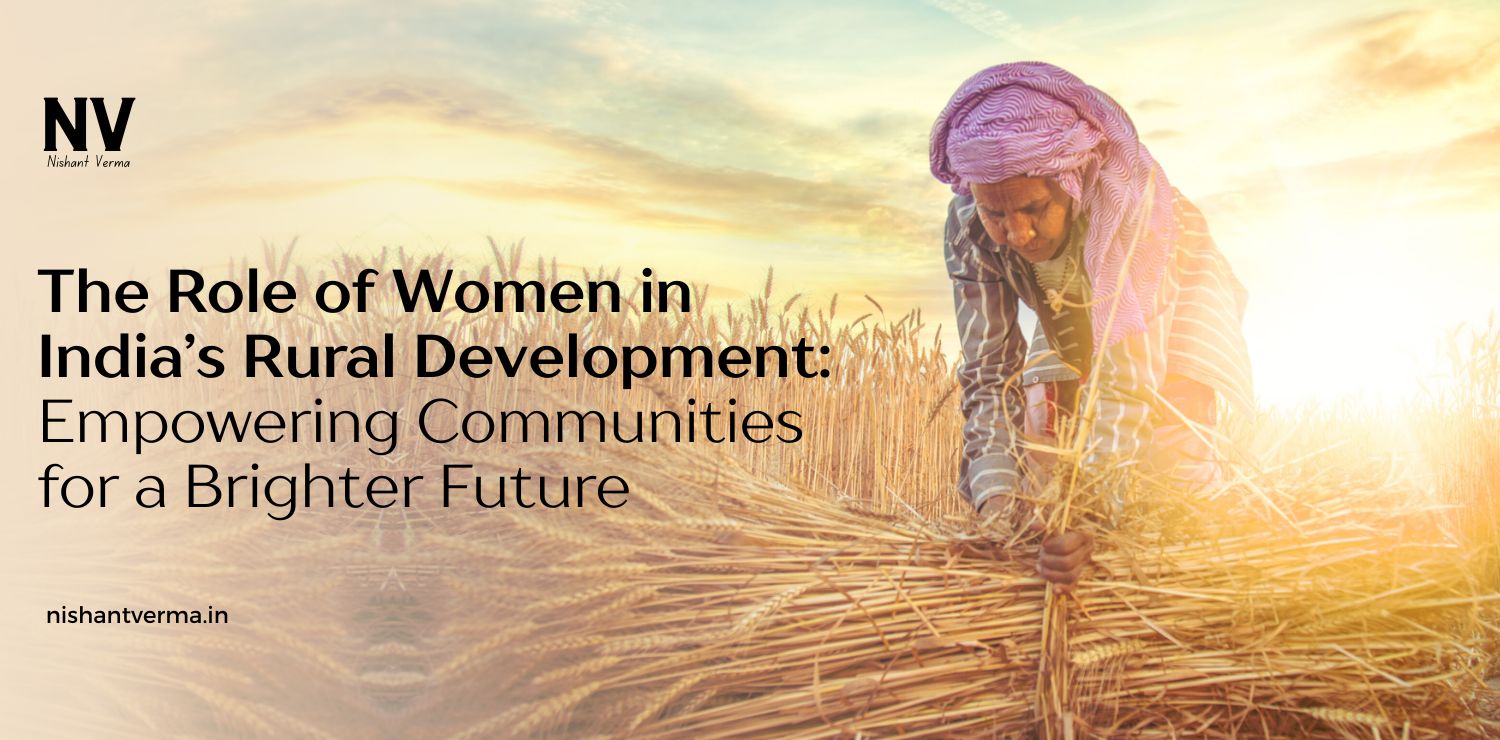In the rich and diverse culture of India, festivals and observances play a crucial role in connecting people with their past, preserving traditions, and honoring the values passed down through generations. One such occasion is Forefathers Day, a day dedicated to remembering and honoring our ancestors who have contributed to shaping our present and guiding the future.
While the concept of honoring one’s forefathers is not unique to any one religion or community in India, Forefathers Day is a time for people across the country to reflect on their heritage, recognize the sacrifices made by their ancestors, and acknowledge the foundation upon which their lives stand today.
What is Forefathers Day?
Forefathers Day is a special day dedicated to honoring the memory and legacy of our ancestors. It serves as a reminder of the struggles, values, and lessons passed down from generation to generation. It is a time to reflect on the wisdom, courage, and sacrifices of those who came before us and to express gratitude for the foundation they laid for us to lead better lives.
Though this day might not be widely recognized in the same way as other national holidays or religious observances in India, it holds great significance for people who believe in paying homage to their roots. For many, it is a deeply spiritual day, while for others, it is a cultural occasion to gather with family, share stories, and keep alive the traditions and customs that are often passed down orally through the generations.
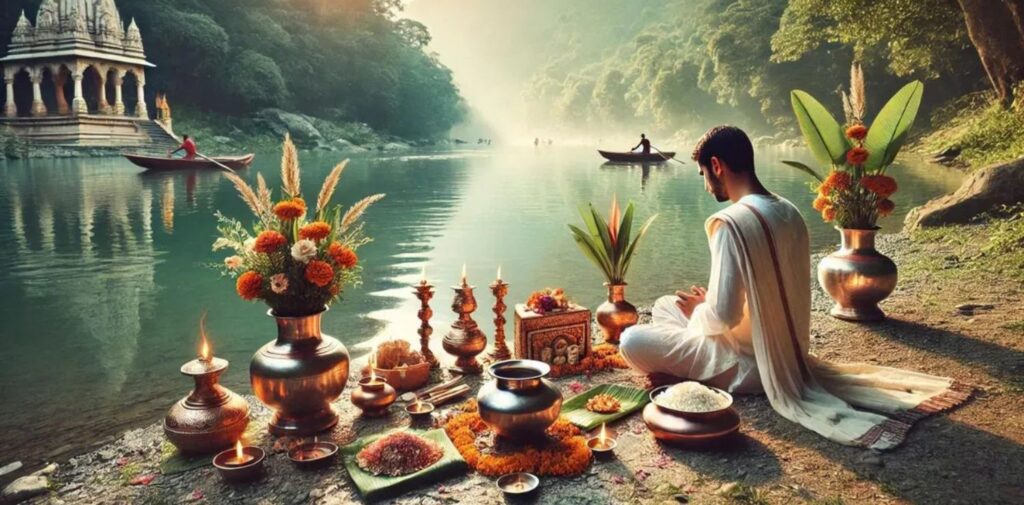
The Importance of Remembering Our Ancestors
India has a long and diverse history, with multiple communities, cultures, and religions. Many of these communities have their own specific ways of paying tribute to their ancestors. The importance of honoring one’s ancestors transcends geographical boundaries, as it provides a sense of identity, belonging, and continuity.
In India, family and community ties are integral to society. Our forefathers have contributed immensely to the social, political, and cultural fabric of our country. In the rural parts of India, the wisdom of elders and ancestors is often considered a guiding force for resolving issues in the community. These traditions are passed down through stories, songs, rituals, and festivals. In urban centers too, families take pride in remembering the history of their forefathers, whether it be through genealogies or family records.
Honoring our forefathers is also a way to stay connected to our roots and to ensure that their legacies continue to shape the future. It teaches younger generations to respect their heritage, preserve family values, and carry forward the lessons of their ancestors in a rapidly changing world.
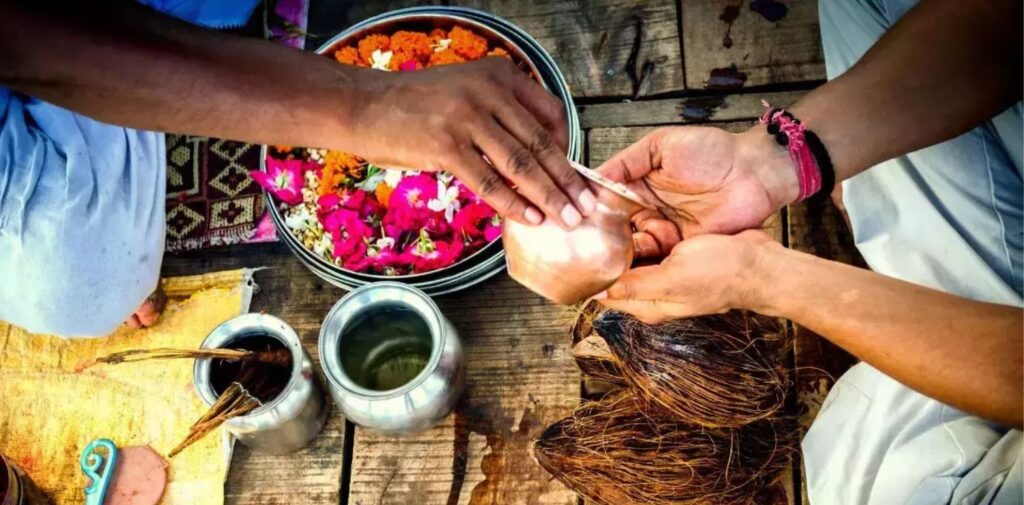
Ways to Celebrate Forefathers Day in India
Celebrating Forefathers Day in India can take many different forms, depending on the community, family traditions, and the personal beliefs of individuals. Here are a few ways this day can be observed:
- Pujas and Rituals: In many Hindu families, Forefathers Day is often marked by performing special pujas (prayers) to honor the souls of ancestors. The rituals may include offerings of flowers, food, and incense, along with prayers asking for the blessings and peace of the departed souls. This can take place at home or in temples, depending on the traditions followed by the family.
- Family Gatherings: One of the most meaningful ways to celebrate Forefathers Day is by spending time with family. Families may come together to share meals, stories, and memories about their ancestors. Older generations often pass down stories about family history, struggles, triumphs, and lessons learned over time. These stories help preserve the culture and values of the family, strengthening the bond between generations.
- Offering Charity or Donations: A common tradition among many Indian families is to donate to charity or support causes that their ancestors believed in. This could involve making donations to temples, schools, hospitals, or social welfare organizations. This gesture not only honors the memory of forefathers but also contributes positively to society.
- Visiting Ancestral Homes or Burial Grounds: Many families visit their ancestral homes, villages, or even burial grounds to pay respects to their forefathers. It is a symbolic act of reconnecting with one’s heritage. For those whose families have a long lineage in a particular area, these visits can be deeply moving as they reflect on the history and legacy that their ancestors created.
- Preserving Traditions and Recipes: Forefathers Day is also a time to celebrate the cultural aspects passed down through the generations. In many families, this could mean cooking traditional dishes that were once prepared by ancestors. These recipes serve as a tangible link to the past and an opportunity to keep the flavors and cooking styles of earlier generations alive.
- Cultural Programs and Storytelling: Some communities organize cultural programs, plays, or storytelling sessions where elders share stories about the struggles and victories of their ancestors. This helps in keeping the memory of forefathers alive in the collective consciousness of the community.
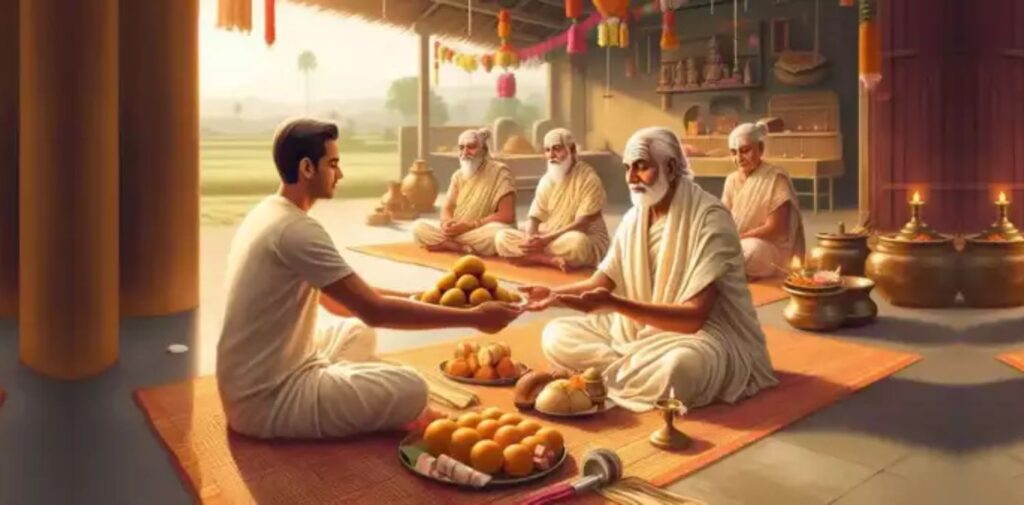
The Significance in Indian Culture
In India, many festivals already focus on honoring ancestors, such as Pitru Paksha (a 16-day period in Hindu tradition dedicated to honoring ancestors), Mahalaya, and others. Forefathers Day, though not a widely celebrated national event, shares similarities with these festivals in its emphasis on remembrance and respect.
The idea of paying homage to one’s forefathers has spiritual significance as well. In Hinduism, it is believed that performing rituals for ancestors during specific times brings peace to their souls and ensures their blessings for future generations. These customs help strengthen the belief that life is interconnected across generations.
Additionally, Indian society places great importance on the concept of family and lineage. Respect for elders and honoring one’s ancestors is deeply embedded in Indian traditions, and it extends beyond just the family unit to the community and society at large.
Conclusion
In conclusion, Forefathers Day is a meaningful occasion to reflect on our heritage, express gratitude to those who came before us, and ensure that their wisdom, sacrifices, and values continue to shape the future. Whether through spiritual rituals, family gatherings, or cultural celebrations, it is a day that encourages us to look back and remember where we came from, fostering a deeper connection with our roots and a stronger sense of identity.
As India continues to evolve, it is important not to forget the past that has shaped the present. By celebrating days like Forefathers Day, we honor the essence of our culture, family traditions, and the legacies that define who we are as individuals and as a nation.

